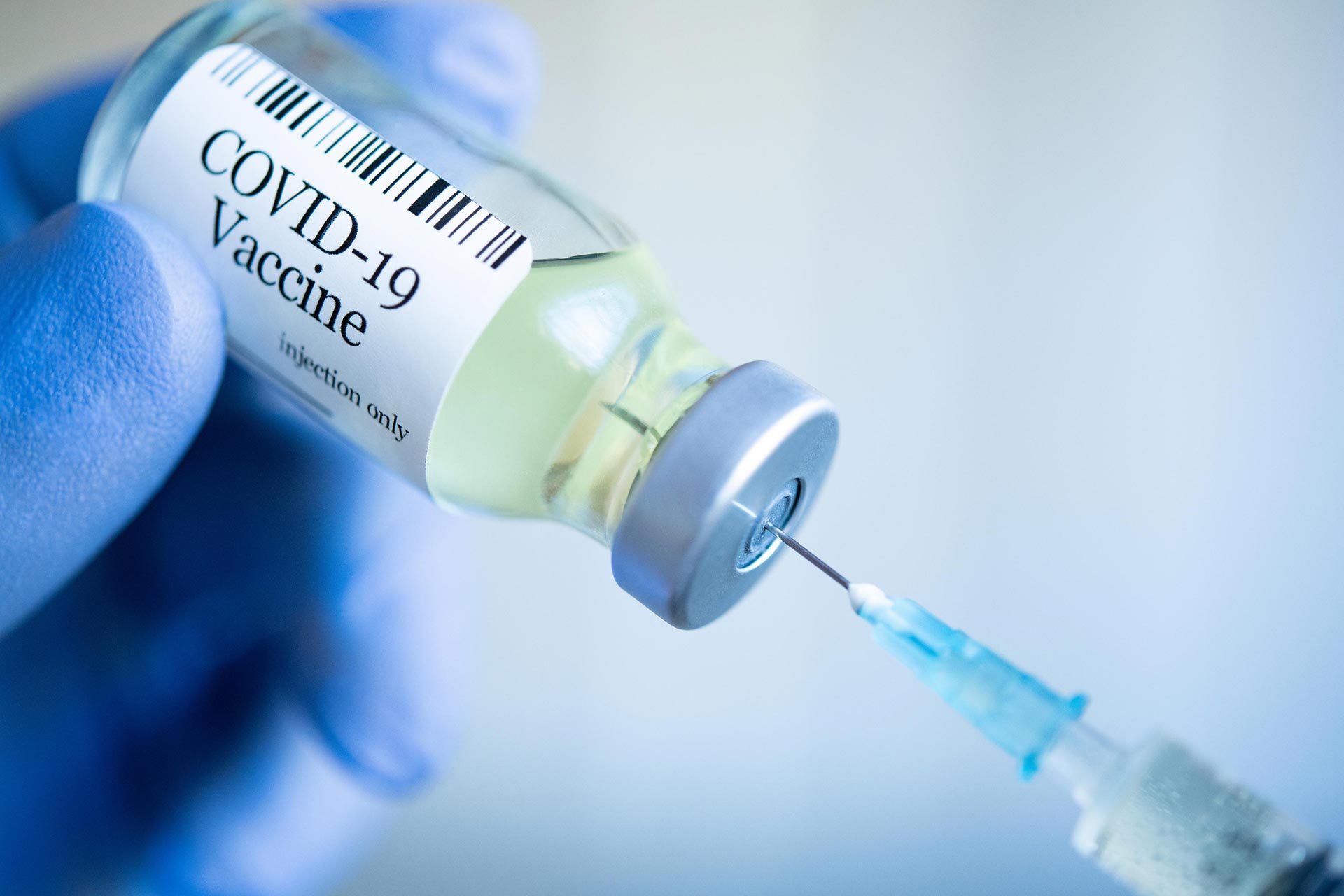Can The COVID-19 Vaccine Cause Fatal Air Embolism?

By Alia
What Is an Air Embolism?
The word embolism means an obstruction found within a blood vessel and is derived from the Greek word for “interpressure”. An air embolism, also commonly known as a gas embolism, happens when air bubbles enter the bloodstream and block the artery or vein – this can occur in many ways such as scuba diving, lung biopsy, blast explosion and of course, injections.
Process of COVID-19 Vaccine Injection
Medical professionals follow a strict procedure in performing the injection of the COVID-19 vaccine to ensure that there is no potential harm for the patients during the process. Before getting the needles ready for the shot, they follow the aseptic technique by performing hand hygiene, between patients, such as washing hands and changing the gloves.
A new sterile needle is used for each patient and the stopper of the vial of vaccine is cleaned with an alcohol prep pad. The person in charge of the injection will check that the volume of the vaccine in the syringe is correct and if the vaccine in the vial cannot provide the full amount, it will simply be discarded.
If you have gotten your first or even your second dose of the vaccine, you will notice that the medical professional will remove any significant air bubble with the needle still in the vial. There are two main reasons for this: to prevent loss of vaccine and to avoid air embolism. Once the syringe is filled with the full dose of the substance, it will immediately be injected into the deltoid muscle of the patient.
How Does an Embolism Become Fatal?
Large and small air bubbles cause damage differently. The tiny ones, known as micro-bubbles, may block capillaries in vital organs like the brain, causing pain, inflammation, neurological damage, and paralysis. If large numbers of the small bubbles accumulate, they may merge into bigger ones and block your blood vessels, stopping the flow of blood and eventually your heart.
The question is – how much air is needed to kill you? There isn’t really a fixed answer to the question but generally speaking, you would need to inject a very large amount of gas (approximately 200-300 mL) in order for the air embolism to be life-threatening. This means that if a medical professional accidentally injected a small amount of air into the vein of a person, it shouldn’t cause a problem – small embolisms usually disappear into the bloodstream and don’t cause serious problems. However, if the patient has a heart condition in which blood flows directly into the arteries from the vein without passing through the lungs, this could be a problem. The bubbles will end up in the arteries and block the coronary arteries, causing potentially fatal cardiac arrest.
To sum up, unless the medical professional holds a grudge against you and is planning to take away your life by infusing a massive amount of air bubbles without you noticing (which is, realistically speaking, quite impossible), you won’t die from small air bubbles in the syringe of the COVID-19 vaccine. There are few symptoms to look out for such as loss of consciousness, chest pain, shortness of breath and irregular heartbeat. Seek medical advice if you are concerned about the potential risk of air embolism.